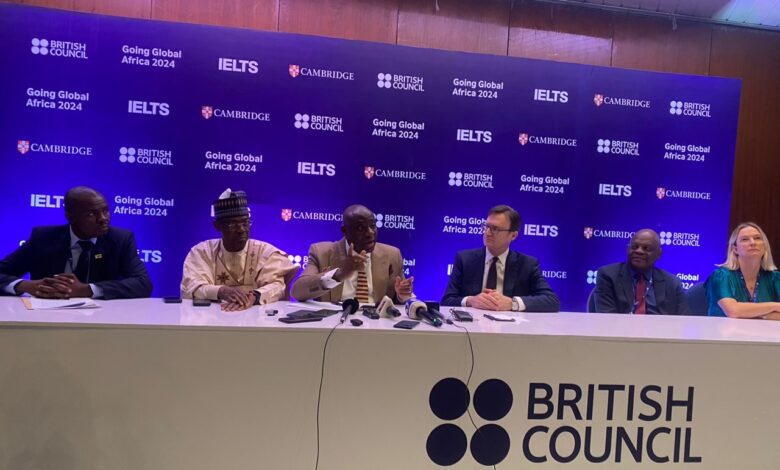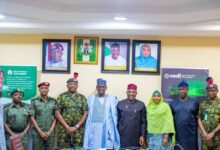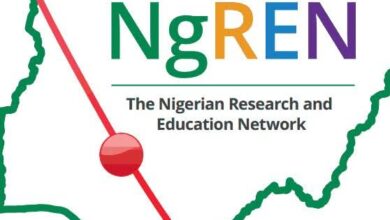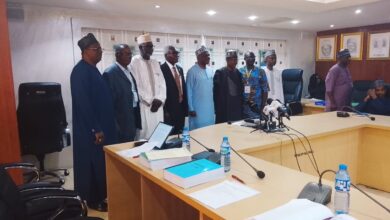
The Federal Government of Nigeria has banned foreign training of scholars, saying that plans are ongoing to train them locally.
Minister of Education, Dr. Olatunji Alausa, announced this on Tuesday at the opening ceremony of a Three-Day Conference, tagged, Going Global Africa 2024, organised by the British Council in Abuja.
The Conference, with the theme, “Building Sustainable and Relevant Tertiary Institutions and Systems in Africa” has over 20 countries in attendance.
Addressing journalists on the sidelines of the Conference, the Minister said the government plans to spend the money to unleash the capacity of Nigerian Universities to train the scholars at home.
“…we’ve just decided to cancel foreign training for scholars, …the amount of money we’re spending to train one scholar abroad, we could use it to train 20 people here. We will be training everybody here.
“We’ll be spending substantial money in building simulation lab. We’ll be spending substantial amount of money in building and developing our universities.
“We will unleash capacity in our universities. We’re going to be spending more money now on research, on innovation, and also on welfare, both on our academics and non-academics.
“We will use education to empower our youth. I’ve just spoken about the first component of our six-pillar agenda. The second component will be focusing heavily on technical, vocational, educational training,” Dr. Alausa said.
He said a four steps agenda have been initiated to incentivise young Nigerian men and women to go to technical colleges.
“’They’ll go to technical school. We’ll pay them incentives. We’ll pay for their tuition as a second step. And as a third step, a master craft person, when they will get their practical training, we will pay them as well.
“The curriculum will be 80 percent practical on-the-job training and 20 percent didactic. And as they’re finishing, we will also give them entrepreneurial grant. I repeat, entrepreneurial grant, not loan,” he said.
Speaking on education budget, he said people only look at the money on the budget without considering what the government spends on federal government tertiary institutions.
Also speaking, the British High Commissioner to Nigeria, Dr. Richard Montgomery, stated that with the growing African population that may hit 2.5billion by 2050, Africa needs to build a strong and sustainable tertiary institutions that would produce skilled and employable graduates.
“Africa is growing, it has a hugely young population. It’s going to be 2.5 billion people by 2050. So you need to harness the demographic dividend. And we need to work harder to build institutions that are sustainable and resilient.
“How we evolve higher education systems so that they are better able to harness talent, and are better able also to produce graduate skills and knowledge which are aligned to the growing economies? Because we all know that social progress and economic prosperity rely on a healthy tertiary education system,” he said.
Speaking on the partnership with Nigeria, he said, “the transnational education partnership that we’ve agreed in Nigeria just recently is creating more linkages between Nigerian higher education institutions and UK universities, and we hope that with time that it’s going to unlock more finance, more expertise, more partnerships between UK institutions and Nigerian institutions.
“In 2022 we had about 750,000 overseas students who came to the UK to study in our higher education institutions. And many of them, tens of thousands of them, come from the African continent,” he said.
On his part, the UK Prime Minister, International Education Specialist, Sir Steve Smith, said the UK’s international education strategy emphasises the importance of education as a tool for social and economic transformation.






